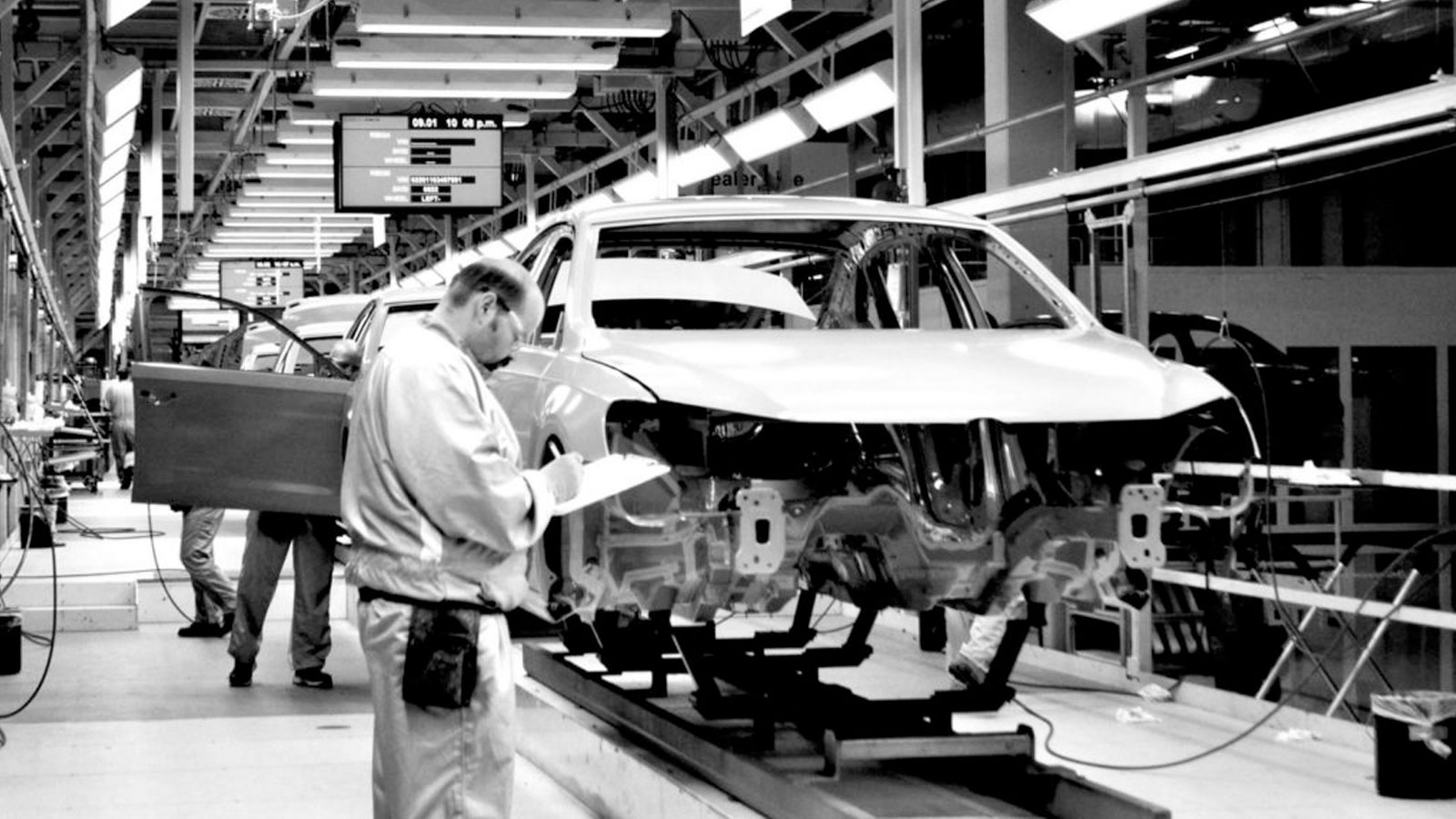Investing in a pension and buying a new car are, in some ways, similar. You expect your car to last for many years without problems, you generally don’t want to know too much about how it works, you just want it to give you the best mileage for your money. That’s what most people expect from their pension too.
Pension scheme members don’t need to know the ins and outs of how pensions work. But those looking after their money should know that getting better long-term risk adjusted returns is down to their investment management process. At NEST we believe incorporating environmental, social and governance (ESG) factors into that process contributes to achieving this.
As responsible investors we aim to hold businesses accountable for their actions. NEST engages with companies to enable positive change that helps them to deliver sustainable long-term profits, which is essential for the growth of our members’ retirement pots.
It’s important to consider both the implications of a company’s product as well as their practices. While their product might seek to do good and provide a solution to a worldwide problem, a company’s behaviour could still undermine and negatively impact their bottom line, which is not an outcome any investor wants.
Take Volkswagen for example. In response to growing concern about climate change, they enthusiastically contributed to the idea that diesel cars were the solution, developing diesel cars specifically promoted as having lower emissions controls. As we now know, Volkswagen’s emission control software was deliberately defective. In fact, their diesel-powered vehicles were polluting over forty times above the legal limit in the US. The company suffered serious reputational damage and was forced to set aside €16.2bn to pay for related costs, leading it to make its first annual loss in 20 years.
The scandal also became the catalyst that focused attention on the negative health aspects of diesel emissions and which consequently affected the worldwide market of car manufacturing. There is now a strong trend towards electric cars and some have predicted the ‘death of diesel’. New car sales for diesel models recently plunged 37 per cent and at least one manufacturer, Toyota, has announced that it will end production of diesel passenger cars for the European market.
Government regulation, across most industries, is leaning more towards environmental awareness as an essential part of ‘clean business’ models and smart investors are now incorporating this trend into their decisions.
An example of this can be seen in NEST’s climate aware fund. The commitment from Toyota to end diesel production and generate half its global sales from hybrid or electric by 2030 and its carbon reduction trend means that this car manufacturer and as well as others are overweight in the fund. This demonstrates the forward looking focus of the fund that factors in how companies are adjusting for the future rather than where they are positioned today. Our fund aims to have a further positive effect on our members’ money by investing more in green and renewable energy companies and less in organisations that cause damage to the environment. It applies a negative ’tilt’ to reduce investment in businesses that are heavy carbon emitters or who are simply not making the changes needed. We don’t exclude any companies but we try to positively influence them by engaging with them and using our voting rights to encourage positive change.
As responsible investors with a strong focus on ESG issues, NEST hopes to keep members driving safely into retirement for many years to come, with fewer bumps along the road.

